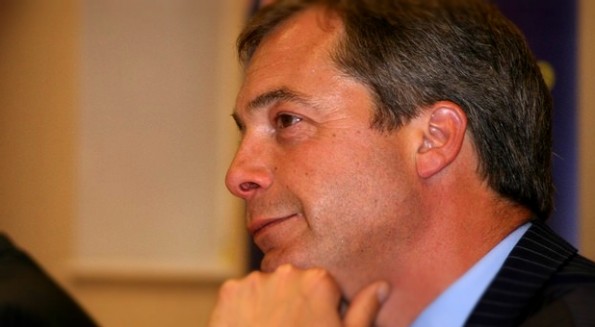Weekend read: Jeff Randall’s 30 years of financial journalism

2014 is the year that Jeff Randall has chosen to make his exit from financial journalism, after three remarkable decades. I have enjoyed his Telegraph column, work for the Financial Times, and, latterly, his Sky News programme for a number of years now, and will miss his insights.
Randall has written a farewell column in the Telegraph, in which he reflects on the changes affecting business and journalism over thirty years. It was particularly fascinating for me, as someone who isn’t even thirty years old.
On my first day in 1986, if you had told me that Britain’s pioneering successes in the coming quarter of a century would include a mobile telephone company (Vodafone) and a satellite television broadcaster (BSkyB), I would not have understood the proposition.
It’s well worth reading this weekend.
This post was filed under: Weekend Reads, Jeff Randall, Telegraph.
